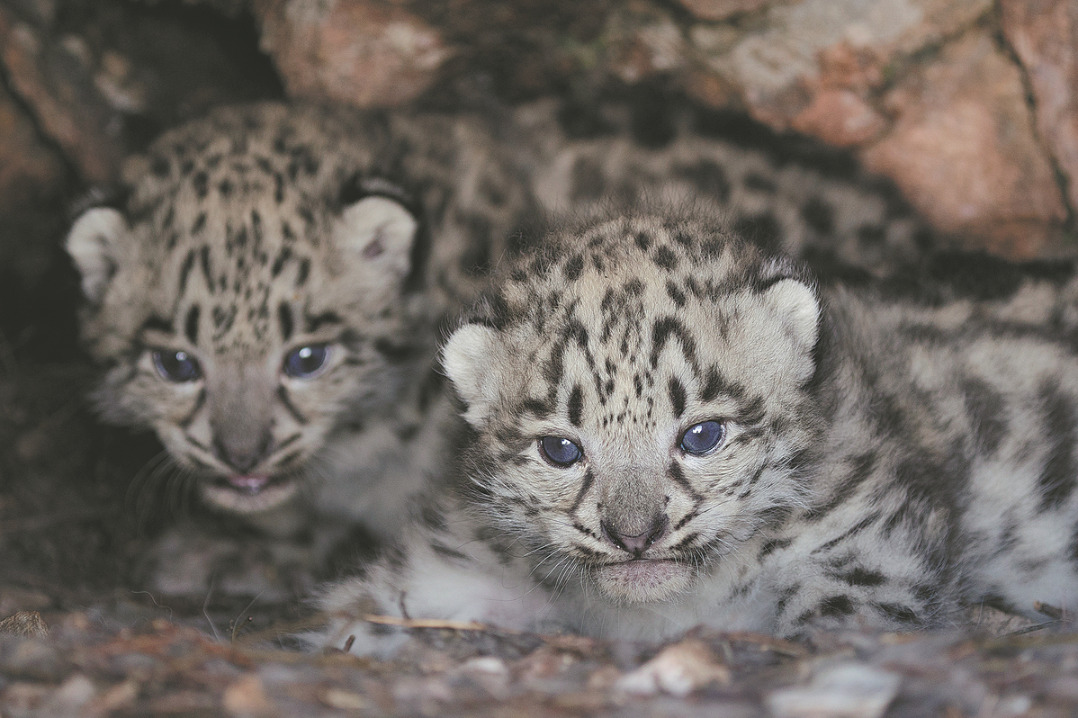How to win global fight against virus


Editor's Note: While the novel coronavirus pandemic continues to affect almost all countries, some Western politicians and media are trying to smear China by calling its vaccine supply to other countries "vaccine diplomacy", and thus undermining global cooperation against the pandemic. Three experts share their views on how to strengthen the global fight against the pandemic.
The novel coronavirus has infected more than 117 million people and claimed over 2.6 million lives worldwide in the past one year, causing the global economy to contract by about 4 percent. The pandemic is still raging in many parts of the world. And no country can be safe until all countries are from the virus.
Therefore, to effectively contain the virus, all countries need to work together and take coordinated, collective actions. Global cooperation is not an option, but a necessity.
There is also a need to de-politicize the fight against the pandemic, because geopolitics is the biggest barrier to global cooperation. For example, by labeling the vaccines developed and manufactured by non-Western countries as shabby, and calling China's efforts to make its vaccines a global public good "vaccine diplomacy", some Western politicians and media have undermined the global fight against the pandemic.
The lives of people, no matter which country they belong to, are precious. So saving lives should be of paramount importance for all governments. When millions of lives are at stake, shouldn't leaders feel morally obliged to work with others to defeat the virus?
As a Chinese saying goes, a man who sees a ghost in broad daylight often has a ghost in his heart. Similarly, those Western politicians who are slinging mud at China probably have ulterior motives and hidden agendas to fulfill. Unless the West sheds its ideological bias against China, it can't see, let alone accept, the truth, and thus continue to create barriers to global cooperation.
So instead of fretting about Chinese-made vaccines, all countries should come together to combat the virus.
As for the vaccines, they can be best channeled to less-developed countries through the World Health Organization, which incidentally will require adopting a multilateral instead of bilateral approach. And given its equitable approach to countries, only the WHO can distribute the vaccines in a way that no country is left behind.
Vaccines which have proven safe and effective in trials-and those approved by the WHO-should be made part of a global vaccine pool including Sputnik V vaccine from Russia, and Sinopharm and Sinovac vaccines from China. Such an inclusive approach will give a shot in the arm of the global efforts to meet poor countries' vaccine needs and save precious lives.
However, the United States is reportedly in talks with Japan, India and Australia on increasing the production and supply of vaccines in Asia-a move that would not be conducive to the WHO playing the leading role in global vaccine distribution.
Increasing public trust in vaccines is another important measure to beat the virus.
Some Western politicians and media have been questioning the efficacy of the Chinese-made vaccines despite mounting evidence that they are highly efficacious and safe. More than 10 countries approved one or both Chinese-made vaccines well before China did, and the heads of state or government of a dozen or so countries have received Sinovac or Sinopharm vaccine shots showing their trust in Chinese-made vaccines. Therefore, calling Chinese-made vaccines shabby is tantamount to questioning the intelligence and judgment of those national leaders and the health authorities of those countries.
Ironically, though, rich countries have grabbed the lion's share of the global vaccine supply so far-5.8 billion of the 8.2 billion doses purchased worldwide-while much of Asia and virtually the whole of Africa remain "vaccine deserts", prompting World Trade Organization Director-General Ngozi Okonjo-Iweala to say: "People are dying in poor countries."
Sharing is critically important especially in times of emergency. By diverting excessive vaccine doses to developing countries, particularly less-developed countries, the rich nations will not only help save precious lives but also show solidarity with poor countries and improve the developed world's global image which has been tarnished by vaccine hoarding. And as far as the Joe Biden administration is concerned, it can show it is ready to fulfill its pledge to "lead by example" for a good cause. At the WTO, the US, the European Union and the United Kingdom blocked a proposal supported by more than 100 members to temporarily waive intellectual property rights on COVID-19 vaccines, in order to reduce their prices and increase their production so that less-developed countries can purchase them and inoculate their people.
Since it was an important step toward addressing the global shortage of vaccines, WHO Director-General Tedros Adhanom Ghebreyesus wholeheartedly supported it. Indeed, if countries don't share vaccine know-how, millions of people across the world will continue to suffer.
In the fight against the virus-as in the case of climate change-each and every one of us is a stakeholder and therefore should contribute to this most important cause. To paraphrase a line from Benjamin Franklin, one of the founding fathers of the United States, working multilaterally, we can beat the pandemic, or we will struggle with it for years to come.
The views don't necessarily reflect those of China Daily.
The author is a senior fellow at the Center for China and Globalization, and former deputy permanent representative of China’s Mission to the United Nations Office in Geneva.
If you have a specific expertise and would like to contribute to China Daily, please contact us at opinion@chinadaily.com.cn, and comment@chinadaily.com.cn.
































